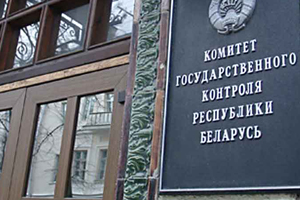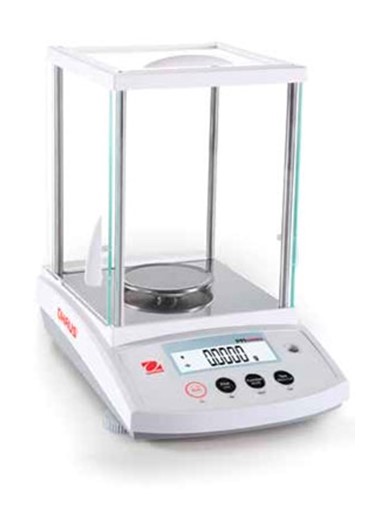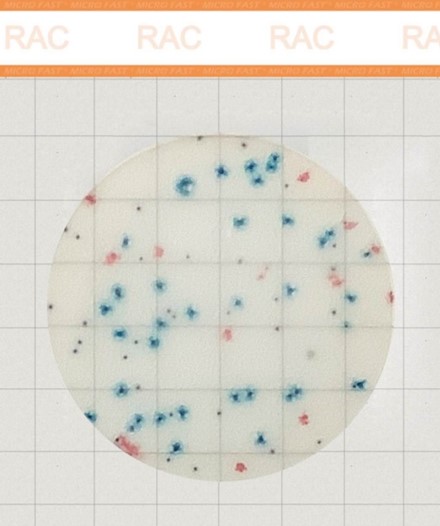The state control took over large retail chains: they are looking at what is happening with imports, and whether there are enough Belarusian goods
Specialists of the State Control check large retail chains - both in MINSK and in the regions. They intend to pay special attention to imported goods and the presence of Belarusian ones. Recall that Belarus has been planning to reduce the share of imported goods for several years, but there are problems with this.
KGC specifies that the inspectors "will analyze the impact of large retail chains on the growth of imports of consumer goods and the efficiency of domestic producers in the production of competitive products." The inspectors intend to pay special attention to "identifying schemes of unreasonable and dishonest mediation, including during imports."
“Following the results of control and analytical measures, an assessment will be made of the measures taken by state administration bodies to protect the interests of domestic producers and reduce the volume of imported goods,” the ministry said.
What is the situation with imports?The authorities have been planning to reduce the share of imported goods for several years. For example, the Doctrine of National Food Security until 2030 provided that by the end of 2020, the amount of imports on the shelves of grocery stores will be reduced to 15%, and by the end of 2030 - to 14%. At the same time, officials planned that by the end of 2020 the number of domestic products would increase to 85% of the entire range.
In reality, imports "hit" officials. This issue is a problem in 2020. The situation with import substitution has not improved: the share of foreign goods, on the contrary, has grown, while the share of domestic goods has fallen compared to 2019. For example, Belarusians began to buy imported vegetables, pasta, refrigerators, shoes, clothes, building materials more often.
The share of sales of domestically produced goods in retail trade in 2020 amounted to 59.8%. For comparison, in 2019 this figure was 61%, and in 2018 - 62.8%. The statistics do not include micro-organizations.
At the same time, in terms of import substitution of vegetables and fruits, there is a "weak link" - stabilization funds. The issue of their filling was actively raised in 2020. For example, State Control specialists checked how vegetables and apples, which are included in the stabilization fund, are disposed of in the Grodno region, and whether these goods are on sale in stores. it turned out that some of them did not have domestic garlic, onions, carrots and apples. At the same time, apples from the stabilization fund, which were supposed to be available by the end of May 2020, ended in January. Now trade unions offer to solve this problem.
What violations are found in tradeMonitoring of the State Control Committee of the Mogilev region revealed in January the excess of trade markups by 60 items of goods
Specialists of KGC of Mogilev region in January found an excess of trade markups for 60 items of goods in stores in Mogilev, Bobruisk and Khotimsky district. “Unreasonable overpricing was found in 10 out of 16 monitored stores. On average, trade markups exceeded those established by law by 1.5-2 times," the KGC clarifies.
For example, on January 21, in one of the Mogilev stores, 13 items of boiled sausage had trade markups in the range of 29.9–40.6% (instead of 20%), for 6 items of goods for baby food - 29–29.8% (instead of 15%), for 2 positions of vegetable oil - 30.6-42.9% (instead of 25%), for oatmeal - 69.7% (instead of 30%), for eggs - 39.1% (instead of 25%) .
“In 2020, the State Control Committee of the Mogilev Region suppressed violations of price discipline in 109 retail outlets out of 241 where monitoring was carried out. In some cases, trade allowances were 7 times higher than established by law. Moreover, pricing violations for socially significant goods were revealed not only in retail trade, but also among manufacturers and wholesalers. In particular, for 4 months a large baby food supplier overestimated wholesale surcharges,” KGC notes.
In February, specialists from the Polotsk inter-district state control committee found inflated prices for Extra oatmeal and boiled sausage in one of the private shops in the Ushachsky district. It turned out that marginal trade markups were exceeded by 21.5% and 11.4%, respectively.



























































